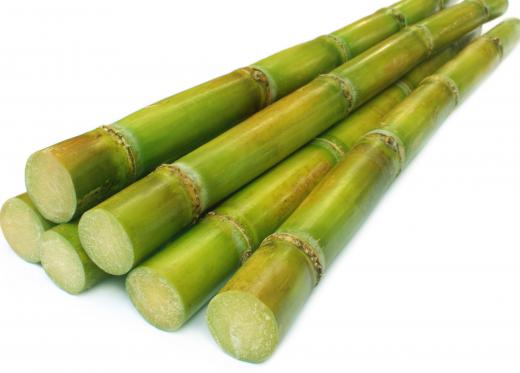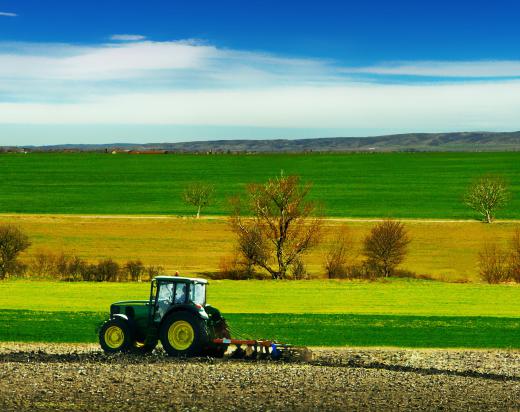Many items that are commonly found in garages and backyards are actually agricultural tools. Although rakes, shovels, and other hand tools may not be essential to the average person, they can be very important in an agricultural setting. The fact that some of these items have been used for generations shows the longevity of a good idea.
A spade is a tool that is often used for agriculture. Laymen, however, commonly confuse the spade with the shovel. They are both old tools that are very similar, but they are not exactly the same. Spades tend to have flat edges and lack the curved head that shovels usually have. This makes the spade a good digging implement, but it is not very suitable for carrying materials.

Rakes and hand cultivators are two other agricultural tools that may be confused. A rake can be considered a handheld cultivation tool, and the two implements can be used for many of the same purposes. When a person in the agricultural industry speaks of a hand cultivator, however, he is most likely referring to a shorter tool that has three tines and requires a person to bend or stoop to the ground to use it.

A plow is a tool that is designed to turn over layers of soil. While most people can generally agree on the purpose, they may not all agree on how the tool works since there are different types. For large, commercial agriculturists, a plow is likely to be described as something that is attached and pulled behind a tractor. In rural areas and less developed countries, some farmers still use the more traditional method of hooking their plows to horses or donkeys and having the animals pull them.
Another tool that may look different from one farm to another is a sprayer. These agricultural tools are used for a number of purposes such as distributing fertilizers or pesticides. They come in various shapes and sizes.

Some sprayers have a tank where a substance is stored and long arms that branch out from the tank. These can be hooked to a tractor, and as it moves along, the substance from the tank is sprayed through the arms. Other sprayers have tanks that are carried on a person’s back. The tank is connected to a hose that has a wand, allowing a person more control over what he sprays.

Knives are generally recognized as culinary tools but are not commonly recognized as agricultural tools. They do, however, play an important role in some segments of the industry. Sugarcane is a crop that is still largely harvested by hand. A cane knife, which is often designed like a machete with a hook on the tip, is widely used for this task in many countries. Harvesting knives are also popular in the banana industry.
